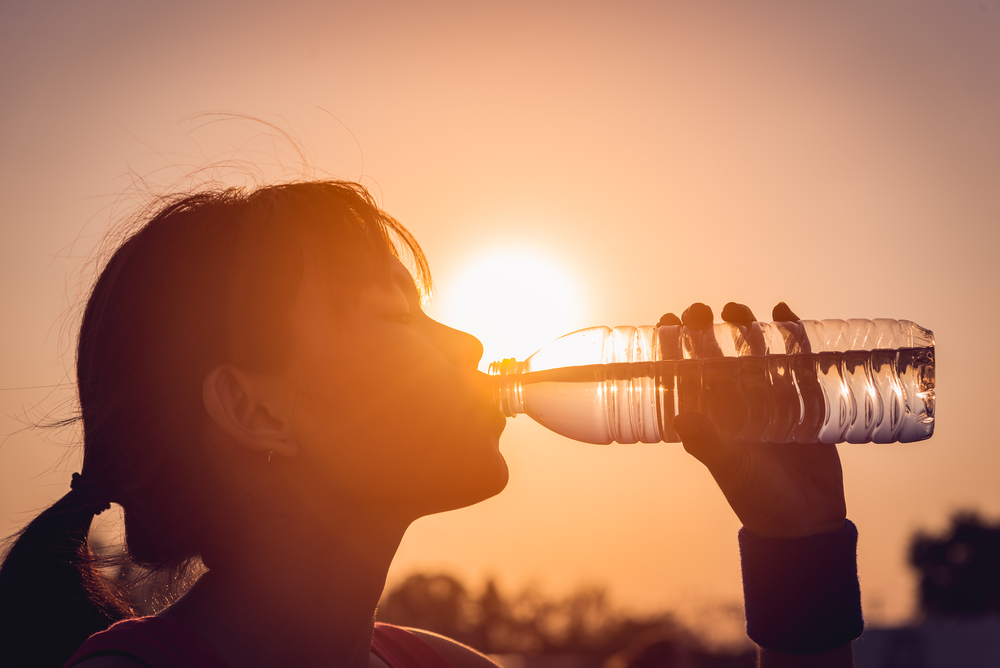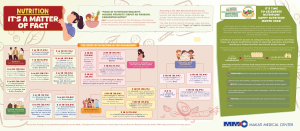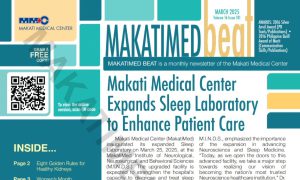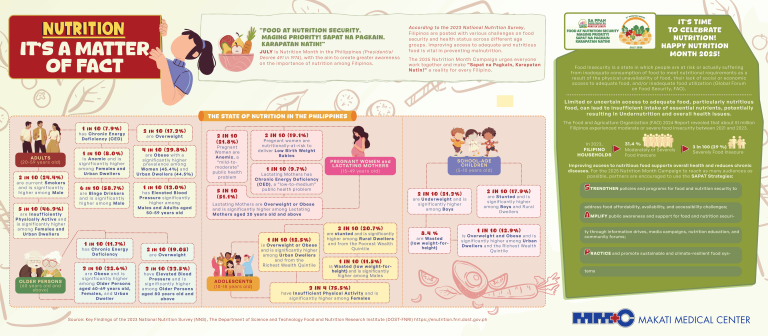Summer in the Philippines means out-of-town beach trips with family and friends. While that sounds like a jolly good time, the other side of the coin shows a less-than-cheerful experience, where Filipinos become more susceptible to heat stroke.
According to Gabriel G. Gabriel, MD, head Chairman of MakatiMed’s Emergency Medicine Department, heat stroke is the result of prolonged exposure to high temperatures and dehydration. “Medically speaking, one hasa person could be experiencing heat stroke if his core body temperature is greater than 40°C (105°F).” This case is referred to as nonexertional or classic heat stroke and is more common in older adults or those with chronic illness.
Heat stroke may also occur if a person is exerting too much physical strength during hotter days (exertional heat stroke). Anyone who’s doing physical work or exercising can fall victim to this, especially if they’re not used to performing such activities in high temperatures. For instance, an MMDA officer likely died due to this kind of heat stroke in 2012.
Other risk factors for heat-related illnesses include:
- Children up to age 4 and adults over 65 are more susceptible because they can’t easily adjust to the heat
- Individuals with health conditions like heart, lung, or kidney disease, diabetes, obesity or undernourishment, high blood pressure, and other conditions that cause fever
- Individuals taking medications like antihistamines, diet pills, diuretics, sedatives, tranquilizers, stimulants, anticonvulsants, heart and blood pressure medicines, and psychiatric medications like antidepressants and antipsychotics
The Usual Signs and Symptoms
Early detection of heat stroke is vital to stop it from worsening. Aside from the core body temperature mentioned above, the following are telltale signs and symptoms of heat stroke:
- Headache
- Skin is hot and dry to the touch (due to high temperature) or slightly moist and flushed (due to intense physical activity)
- Lack of sweat
- Rapid and shallow breathing
- Confusion, distress, slurred speech, irritability, hallucination, seizures, and unconsciousness
- Increased heartbeat
- Vomiting and nausea
First Aid for Heat Stroke Victims
If you suspect that you or someone around you is having a experiencing heat stroke, call the paramedics right away (as any delays may be fatal). Be sure to initiate first aid while you’re waiting. Move to a cool, shady, or air-conditioned environment and remove any unnecessary clothing.
You can also fan air over the patient, wet their skin with water, and apply an ice pack to the armpits, groin, neck, or back to cool them down. However, if the patient is a young child, an old person, or someone with a chronic disease, do not use ice, as this can be dangerous.
Prevention is Better
Avoid falling victim to this dangerous but avertible condition. Here are ways that you can prevent heat stroke:
- Wear loose, lightweight, and light-colored clothing to allow your body to cool properly.
- Stay hydrated by drinking plenty of water. This will help your body sweat to maintain a normal temperature.
- Avoid getting sunburnt as this affects your body’s ability to cool itself. Wear a wide-brimmed hat and sunglasses, and generously apply (and reapply) a broad-spectrum sunscreen with SPF of at least 15.
- Avoid strenuous activities during the hotter hours of the day (10 a.mAM.to–3 p.m.PM). If you must do work during these hours, drink 24 ounces of fluid two hours before and another 8 ounces right before. During the activity, consume another 8 ounces of water every 20 minutes.
Save Your Loved Ones from the Dangers of Heat Stroke
Dr. Gabriel warns that heat stroke should not be taken lightly. “It is considered a medical emergency… when it happens, you must seek professional help immediately.” He adds that heat stroke can damage the brain and other internal organs and that if left untreated, it can eventually result in death.
Summer is a great time to bond with your family but having fun shouldn’t put you or your loved-ones’ wellbeing at risk. Share this article with them and make the most out of your summer, free from any danger.











